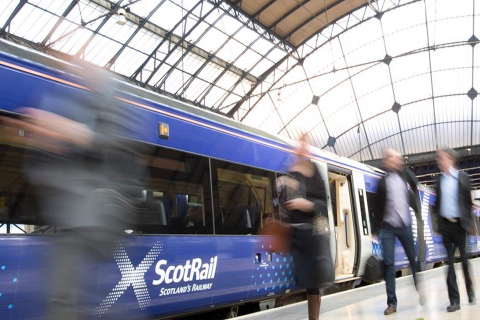Scottish court hands down multi-million pound fine to Network Rail

Network Rail, the government agency responsible for the maintenance and development of the railway infrastructure in the UK, has been fined 6.7 million pounds (7.78 million euro) following the Stonehaven crash verdict. Three people were killed when a ScotRail passenger train hit a landslide at Carmont, just south of Stonehaven, and derailed into a river gorge. Faulty Network Rail Instalation was blamed on the crash, for which the agency pleaded guilty to all related charges. The court case, heard in Aberdeen on Thursday and Friday of this week (7-8 September), was brought after the matter was reported to the Procurator Fiscal, the office of prosecution under Scottish law.
Want to read more?
You have read all of your free premium articles for this month. Please become a subscriber to keep reading.
Subscribe now!
Take advantage of our exclusive offer to get full access to all premium content.




